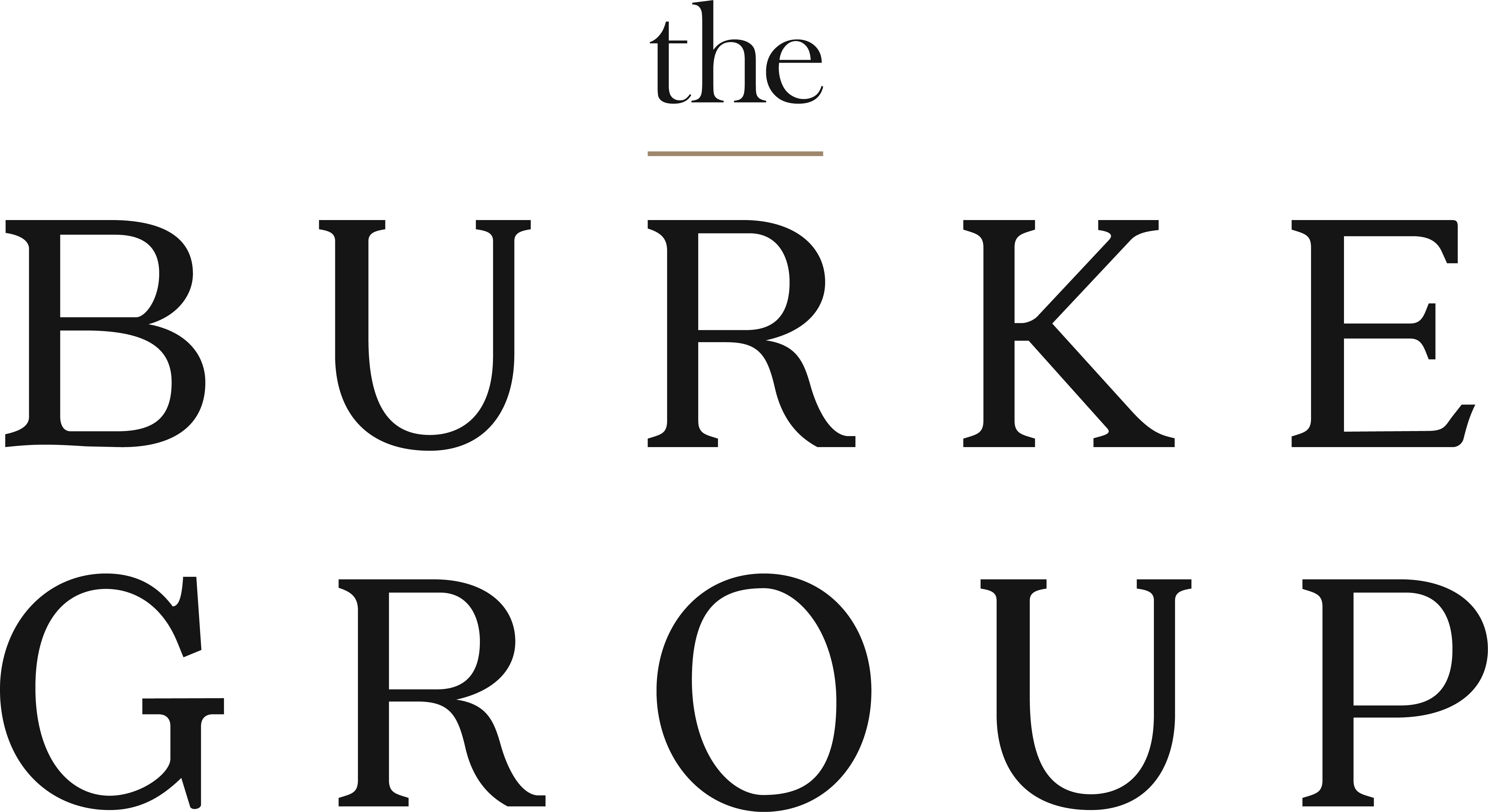GUIDE - Third-Party Investigations

In Ontario, Canada, navigating third-party investigations is essential for organizations aiming to uphold integrity, fairness, and legal compliance in their workplace practices. The Burke Group, renowned for its expertise in certified workplace investigations, has been instrumental in conducting impartial inquiries and guiding organizations through complex investigation processes. This comprehensive guide delves into the nuances of third-party investigations, employee training, formal complaint filing, and the strategic timing for engaging in these critical actions.
Navigating Third-Party Investigations in Ontario, Canada: A Comprehensive Guide
In the realm of workplace dynamics, legal compliance, and conflict resolution, third-party investigations play a crucial role in ensuring fairness, transparency, and accountability. In Ontario, Canada, understanding the intricacies of third-party investigations is vital for organizations and individuals alike. This comprehensive guide aims to shed light on what third-party investigations are when to engage a third-party investigator, employee training, filing formal complaints, and the appropriate timing for initiating these actions.
What Are Third-Party Investigations? Third-party investigations are impartial inquiries conducted by an external entity or individual with expertise in investigating specific types of issues. These investigations are typically sought when an organization needs an unbiased assessment of allegations or concerns that cannot be adequately addressed internally. In Ontario, third-party investigations may cover a wide range of topics, including workplace harassment, discrimination, misconduct, safety violations, and more.
When to Engage a Third-Party Investigator: Organizations in Ontario should consider engaging a third-party investigator under various circumstances, such as:
Complex Allegations: When internal investigations are insufficient due to the complexity or sensitivity of the allegations.
Conflict of Interest: To avoid conflicts of interest that may arise when investigating allegations involving senior management or HR personnel.
Independent Review: When an impartial and independent review is necessary to ensure fairness and objectivity.
Legal Compliance: To comply with legal requirements or regulatory standards mandating external investigations for certain complaints.
How to Train Your Employees: Employee training is fundamental in fostering a respectful and compliant workplace culture. Here are key steps to train your employees effectively:
Policy Communication: Clearly communicate company policies related to harassment, discrimination, reporting procedures, and the role of third-party investigations.
Training Programs: Conduct regular training sessions on diversity, equity, inclusion, conflict resolution, and respectful workplace conduct.
Awareness Campaigns: Raise awareness through campaigns, workshops, and seminars focusing on recognizing and addressing inappropriate behaviour.
Reporting Channels: Educate employees about reporting channels, whistleblower protections, and the importance of timely and accurate reporting.
How to File a Formal Complaint: Filing a formal complaint is critical in initiating a third-party investigation. Follow these guidelines for filing a formal complaint effectively:
Documented Complaint: Ensure the complaint is documented in writing, detailing the nature of the allegations, parties involved, and any supporting evidence or witnesses.
Confidentiality: Maintain confidentiality throughout the complaint process to protect the privacy of all parties involved.
Compliance: Adhere to internal policies and legal requirements regarding filing and handling complaints, including resolution timelines.
Engage HR or Legal: Seek HR professionals or advisors' guidance to ensure compliance with internal protocols and legal obligations.
When to File a Formal Complaint: Determining the appropriate timing for filing a formal complaint depends on several factors, including:
Prompt Reporting: Encourage employees to report incidents promptly to facilitate timely investigations and resolution.
Statutory Deadlines: Be aware of any statutory deadlines or limitations for filing complaints related to specific allegations.
Ongoing Harm: If the alleged conduct poses an ongoing risk or harm to individuals or the organization, prompt action through a formal complaint is essential.
Evidence Preservation: File a formal complaint when there is sufficient evidence or witness testimony to support the allegations and ensure the preservation of evidence.
Navigating third-party investigations in Ontario, Canada, requires a comprehensive understanding of the process, legal requirements, and best practices. Organizations can uphold a culture of accountability, fairness, and respect by engaging qualified third-party investigators, providing thorough employee training, following proper complaint-filing procedures, and acting promptly when necessary. These principles promote compliance with legal standards and foster a positive and inclusive work environment.
As organizations in Ontario continue to prioritize a culture of transparency, accountability, and respect, the role of third-party investigations cannot be overstated. The Burke Group's team of certified workplace investigators underscores the importance of seeking expertise and impartiality when addressing workplace challenges. By leveraging the insights and best practices outlined in this guide, organizations can confidently navigate third-party investigations, foster inclusive and compliant workplaces, and uphold the principles of fairness and justice for all.
Connect with our certified professionals today.
